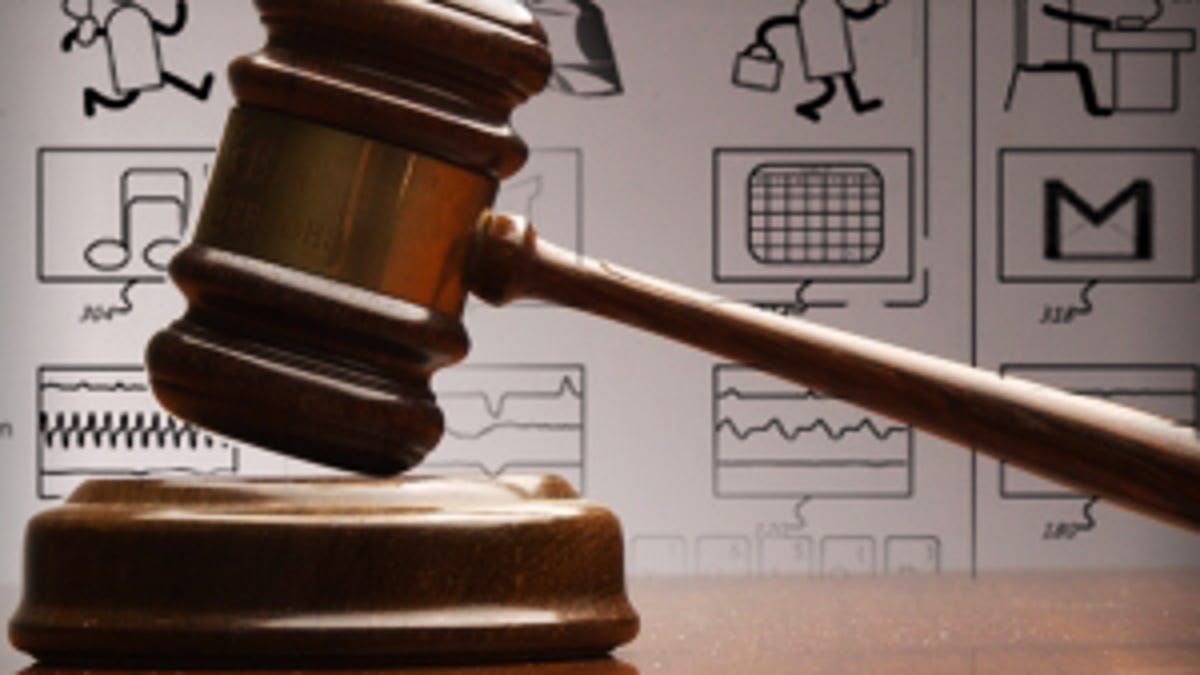Apple predicted to generate up to $280 million a year in HTC deal
The company actually got the better end of the deal, which spans 10 years, according to analyst Shaw Wu.

Apple's patent-licensing settlement with HTC might actually net the company some more cash.
Sterne Agee analyst Shaw Wu said in a note to researchers today that he has spoken with industry sources who told him that Apple will generate about $6 to $8 in licensing fees for each smartphone HTC ships in 2013. Based on his estimate of 30 million to 35 million shipments, Wu believes that Apple will generate $180 million to $280 million in licensing fees.
Apple and HTC announced yesterday that they had inked a 10-year licensing deal to settle patent disputes. The companies said that it was a joint licensing agreement, meaning both sides would cough up some cash. They didn't say, however, if the financial split would net to zero or if one side would get the advantage. According to Wu, Apple was able to win out.
Wu's claims are being backed up by a Wall Street Journal source who claims to have knowledge of the deal. That person didn't know, however, how much Apple might be netting in the deal. The person did tell the Journal that HTC's executives are relieved that the Apple battle is over, and that the mobile company came to Apple with an opportunity to strike a deal.
With the HTC deal now done, speculation abounds over what Apple's next move might be. According to Wu, the HTC deal could prove to be a "blueprint" for Apple to bring to other companies, like Samsung and Motorola. And if those firms decide to a joint licensing agreement, Wu believes Apple will once again gain the upper hand.
"We think it is fair that Apple will get some licensing revenue for the intellectual property it has developed (in particular multitouch gestures) in making the modern smart phone and tablet with touch screens. Prior to the iPhone and iPad, there were arguably no products that were close in functionality and appearance."

